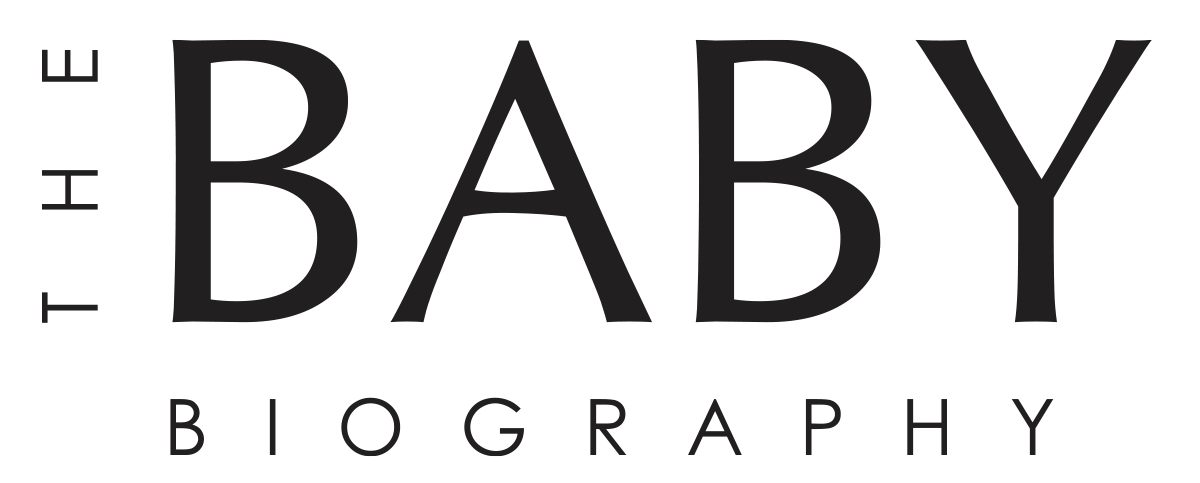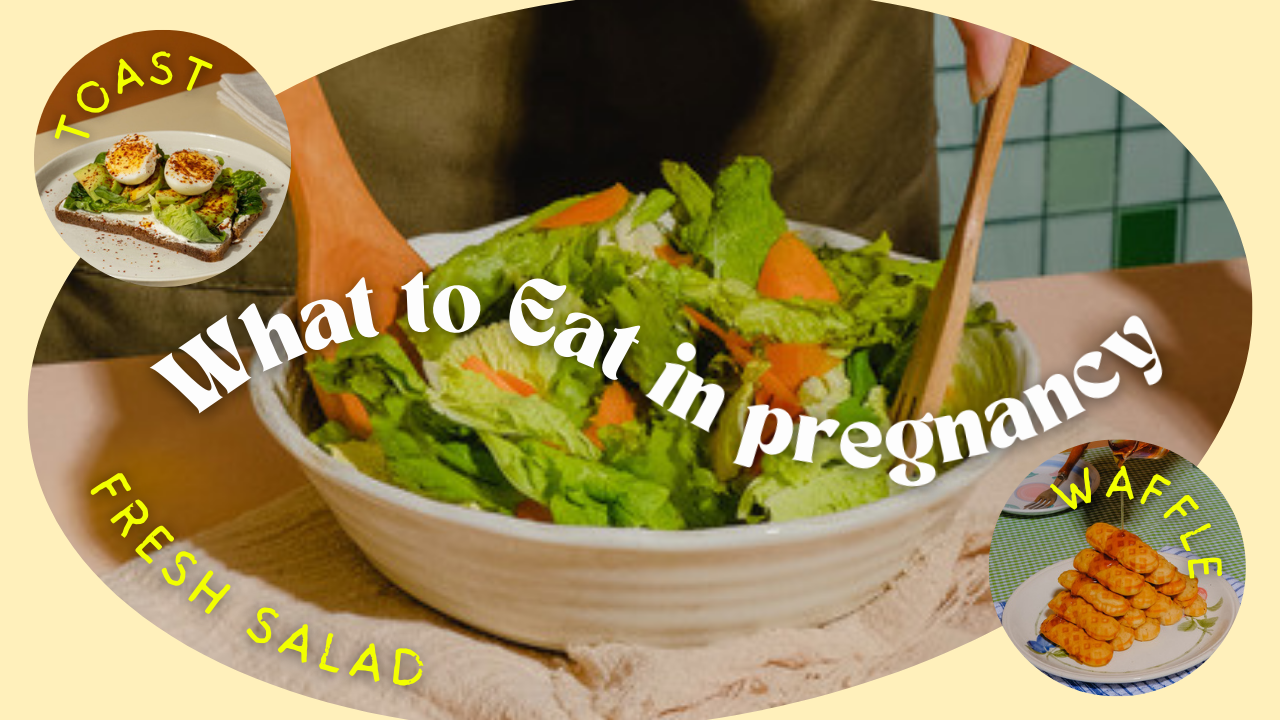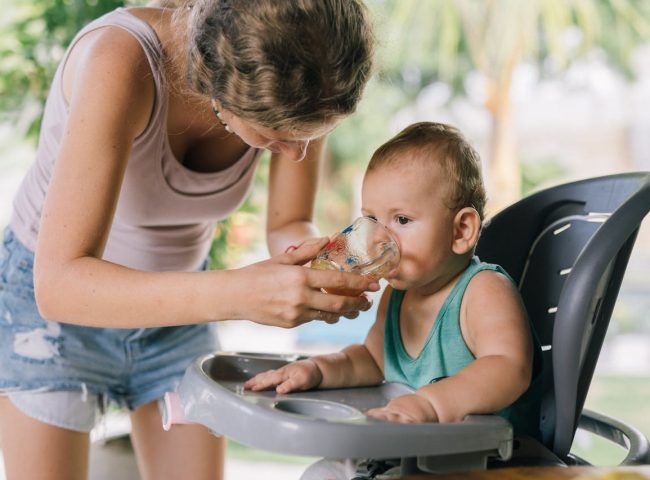What to Enjoy and What to Avoid When You’re Pregnant!
You’re pregnant! Congratulations! 🎉 You’re about to embark on an amazing journey of creating a new life. But before you get too excited, there are some things you need to know about what to eat and drink during this time. Don’t worry, I’m here to help you with a comprehensive guide to pregnancy nutrition that will make your life easier and healthier.
Why You Should Care About What You Eat and Drink?
Your diet is more important than ever when you’re pregnant. What you eat and drink affects not only your health but also your baby’s development. A balanced diet can provide you with essential nutrients, prevent potential problems, and support a healthy weight gain. By making smart choices, you can give your baby the best start in life.
The No-No List:
Foods and Drinks to Avoid Some foods and drinks are off-limits when you’re pregnant. They can pose risks to your health and your baby’s health.
Here are some of the things you should avoid:
High-Mercury Seafood: Mercury is a toxic metal that can harm your baby’s brain and nervous system. Stay away from seafood that has high levels of mercury, such as shark, swordfish, king mackerel, and tilefish. Instead, choose low-mercury options like salmon, shrimp, and cod.
Raw or Undercooked Eggs and Meat: Raw or undercooked eggs and meat can contain harmful bacteria that can cause food poisoning. You don’t want to deal with nausea, vomiting, diarrhea, and fever when you’re pregnant. Make sure your eggs are fully cooked, and your meat is well done.
Unpasteurized Dairy Products: Pasteurization is a process that kills bacteria in dairy products. Unpasteurized dairy products can contain bacteria like Listeria, which can cause serious infections and miscarriages. Avoid raw milk and soft cheeses like brie, camembert, and feta. Go for pasteurized options instead.
Caffeine: Caffeine is a stimulant that can affect your blood pressure, heart rate, and sleep. It can also cross the placenta and affect your baby’s growth and development. Too much caffeine can increase the risk of miscarriage and low birth weight. Limit your caffeine intake to 200 mg per day, which is about two cups of coffee.
Alcohol: Alcohol is a no-brainer. It can cause fetal alcohol syndrome, which is a condition that affects your baby’s physical and mental development. It can cause birth defects, learning disabilities, behavioral problems, and more. There is no safe amount of alcohol during pregnancy. Just say no.
Highly Processed Foods: Processed foods are full of added sugars, refined carbs, unhealthy fats, salt, preservatives, and artificial ingredients. They provide little nutritional value and can lead to weight gain, diabetes, high blood pressure, and other health issues. Opt for whole foods that are natural and nutritious.
The Yes-Yes List:
Nutrients to Include Some nutrients are especially important during pregnancy. What to Enjoy and What to Avoid When You’re Pregnant! They support your baby’s growth and development and keep you healthy and energized.
What to Enjoy and What to Avoid When You’re Pregnant!
Here are some of the nutrients you should include in your diet:
Folate: Folate is a B vitamin that helps prevent neural tube defects in your baby’s brain and spine. Neural tube defects can cause serious problems like spina bifida and anencephaly. Folate-rich foods include leafy greens, lentils, and fortified grains.
Iron: Iron is a mineral that helps make red blood cells that carry oxygen throughout your body and to your baby. Iron deficiency can cause anemia, which can make you feel tired, weak, dizzy, and pale. Iron-rich foods include lean meats, legumes, and fortified cereals.
Calcium: Calcium is a mineral that helps build strong bones and teeth for you and your baby. Calcium deficiency can cause osteoporosis, which is a condition that makes your bones brittle and prone to fractures. Calcium-rich foods include dairy products, fortified plant-based milk, and leafy greens.
Omega-3 Fatty Acids: Omega-3 fatty acids are healthy fats that help with brain and vision development for your baby. They also have anti-inflammatory properties that can benefit your heart health and mood. Omega-3-rich foods include fatty fish like salmon and chia seeds.
Protein: Protein is a macronutrient that helps build muscles, organs, tissues, hormones, enzymes, antibodies, and more for you and your baby. Protein deficiency can affect your baby’s growth rate and increase the risk of low birth weight. Protein-rich foods include lean meats, poultry, fish, legumes, and nuts.
Hydration: The Key to Feeling Good Water is essential for life. It helps regulate your body temperature, flush out toxins, transport nutrients, cushion your joints, lubricate your eyes, skin, and mucous membranes. It also helps maintain healthy amniotic fluid levels and prevent constipation . Aim for at least 8-10 glasses of water daily, adjusting as needed based on your activity levels and climate.
How to Plan Your Meals
Planning your meals can help you meet your nutritional needs and avoid unhealthy choices. What to Enjoy and What to Avoid When You’re Pregnant
Here are some tips to help you plan your meals:
- Eat a variety of foods from all food groups, including whole grains, lean proteins, healthy fats, fruits, and vegetables. This will ensure you get a range of nutrients and antioxidants that support your health and your baby’s health.
- Prioritize nutrient-rich foods that provide more bang for your buck. For example, choose an orange over orange juice, or a whole-wheat bread over white bread.
- Consider dividing your meals into smaller, frequent portions to manage your appetite and digestion. This can help prevent nausea, heartburn, bloating, and indigestion.
- Listen to your body and eat when you’re hungry and stop when you’re full. Don’t force yourself to eat more than you need or deprive yourself of food when you need it.
- Treat yourself occasionally to foods that you enjoy and crave. There’s nothing wrong with indulging in moderation, as long as you balance it with healthy choices.
Eating and drinking are essential activities for our survival and well-being. However, not all foods and beverages are equally beneficial for our health. Some foods and drinks can provide us with nutrients, energy, and satisfaction, while others can harm us with toxins, calories, and diseases. Therefore, we should care about what we eat and drink, and make informed choices that can improve our physical, mental, and emotional health. By caring about what we eat and drink, we can also show respect for ourselves, our environment, and our society. Caring about what we eat and drink is not only a matter of personal preference, but also a matter of responsibility and accountability.
Disclaimer: The information provided in this article is for educational and informational purposes only. It is not intended to be a substitute for professional medical advice, diagnosis, or treatment. Always consult your doctor or qualified health care provider before making any changes to your diet or lifestyle. Never disregard professional medical advice or delay seeking it because of something you have read in this article. The author and publisher of this article are not responsible for any adverse effects or consequences that may result from the use or misuse of the information contained herein.







